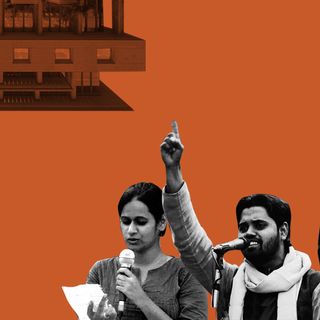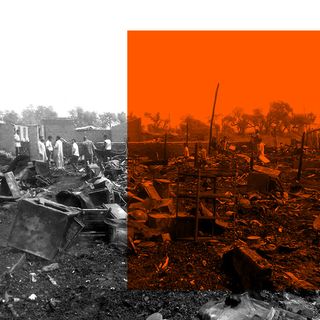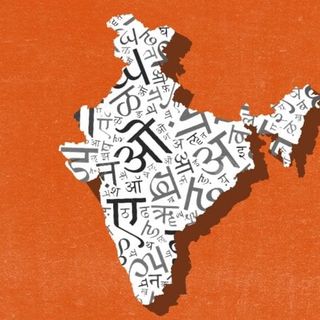Vaccine registrations done through the Common Service Centres (CSCs), government sites in rural areas, account for less than 0.5% of the total registrations on the Co-WIN platform, according to data obtained by the Indian Express — reflecting the divide in urban and rural areas in terms of vaccine uptake.
Currently, it is mandatory for all individuals in the 18-44 age group to register themselves online on the Co-WIN website before getting their vaccine shots. However, as the Supreme Court pointed out in May, online registrations end up excluding a large section of the population who do not have access to digital devices.
“A vaccination policy exclusively relying on a digital portal… would be unable to meet its target of universal immunization owing to such a digital divide,” the court noted.
In response, the Union Government said that it would utilize CSCs to register individuals in rural areas on the Co-WIN platform. CSCs — a part of the government’s “Digital India” drive — are facilities in rural areas to help people access digital services.
As of May 11th, however, reports showed that of almost three lakh CSCs across the country, over 80% were closed. Over one month after this, records show that registrations from CSCs in rural areas are moving at a very slow pace, accounting for only 0.5% of total registrations done in the country. The digital divide — which the enlisted CSCs sought to address — still persists and renews concerns about vaccine inequality.
Related on The Swaddle:
People From Cities Are Taking up Vaccine Slots in Rural Areas Amid Shortage
Several reports show the digital divide continues to impede access to vaccines. About 63% of people surveyed in rural areas were willing to take the vaccine, but 53% of those who did not take the vaccine despite its availability could not access it due to technical issues with the Co-WIN platform, according to a Boston Consulting Group survey conducted in May.
The vaccine shortage is another factor behind registrations in rural areas lagging behind. “If we ask people to register for vaccination, they ask us if vaccines are available, and then tell us that they will return when there are vaccines,” a village-level entrepreneur working at a CSC in Haryana told the Indian Express.
Nevertheless, misinformation-fuelled vaccine hesitancy continues to significantly impact the number of registrations. The digitized vaccine rollout, and the CSCs which have been tasked with helping to overcome the digital divide, do not address concerns about hesitancy and shortages in order to ensure that registrations are consistently high, and are instead solely focused on providing the technology for vaccine registrations. This is especially so in rural areas, where these issues are more prevalent.




